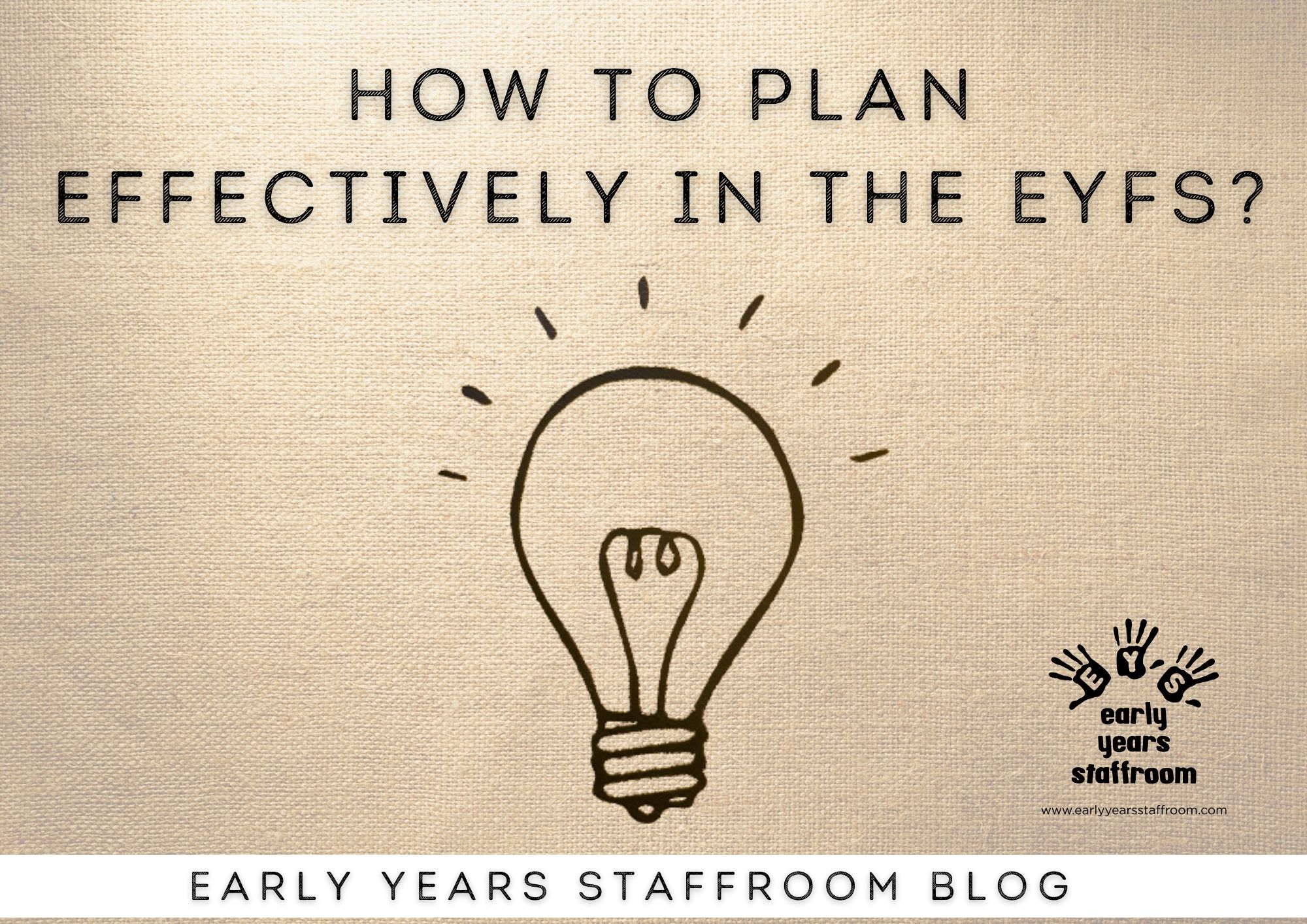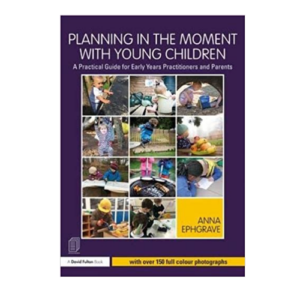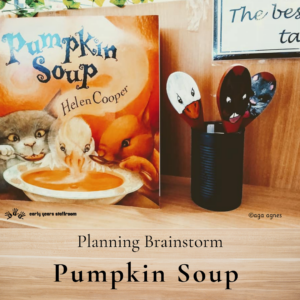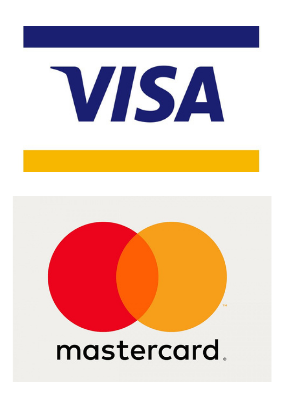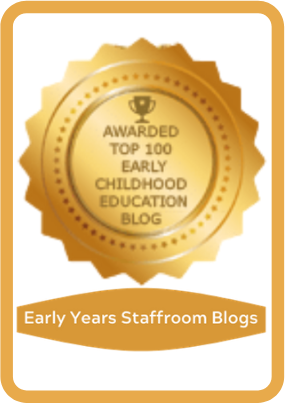Whether you are a fan of planning in your head, planning in the moment, handwritten plans or typing them up we know that planning is vital to ensure that teaching is effective so that children are making the required progress towards the early learning goals. Planning in Early Years can be rewarding as often it’s the little steps that we plan for that can make the biggest impact whilst ensuring that all children have access to the same development opportunities and enjoy a balanced curriculum. However, it can be a minefield knowing how to plan for the best outcomes. In this blog we will have a look at the different ways to plan so you can choose which one is best suited to you and your children. How to plan effectively in the EYFS?
In the moment planning
In the moment planning is used in many settings. It’s about completing the planning cycle ‘in the moment’ rather than in advance. Children’s needs and interests can often change rapidly. By adhering to a system that allows for flexibility you will find that you are able to really listen to children about what it is that they want to learn about. A child is more likely to be engaged and achieve better outcomes if they are learning about something that they enjoy and has relevance and meaning to them. I recently had a conversation with a teacher whereby the planning had been set in advance in one area and then it had been rolled out across the school trust in all area of the country. The theme was the London Underground, the relevance of learning about the London Underground would have likely engaged the children in the London schools, however the children out in other areas of the country would have found it harder to relate to and therefore may not have been engaged in the learning. Planning therefore needs to be relevant and sensitive to the needs of the children in the cohort you are teaching. Having the confidence to change the plans comes with support for SLT/Managers, experience and knowledge of working with young children.
Planning in the moment may be daunting if you are new to Early Years.
Anna Ephgrave’s book on with young children’ sets out the steps needed to implement the planning as well as the importance of child-led learning. There are many templates that highlight the three stages involved in ‘planning in the moment’: ‘The child’s spark’ this is when the child first shows an interest in something. There is an air of fascination around the object and concentration in what they are now doing. This then gets followed up by a ‘teachable moment’ an opportunity to extend their interest, by asking open-ended questions and considering ways to apply this interest to other options within the environment and then finally ‘documentation’. Later, if you like you can document the observation. Include the spark, the teachable moment and what you did next. This will help you to map out each child’s interests and plan an environment that works for them. However, you do not always need to document your planning and observations as long as you can articulate what you have done you don’t actually need to have any written documentation. Sometimes planning the moment can be difficult when you are new in Early Years or just need support to know you are on the right track therefore we created an adult role support document to help.
Objective led planning
It is important to be able to be flexible with your planning as you will need to use your assessment/observations to be able to plan whether this be in the moment or the other day.
How will you know what children need to know if you do not know what they already know?
When teaching ask yourself; Have the children grasped this? No? Then you can catch them later in the day or week to go over it and even tailor to their interests during play. As there is such a huge range of abilities in Early Years personalised planning is key. You can use a variety of strategies for example, objective led planning where you take the objective to their play, play in parallel until an opportunity arises to join the play then gear the play towards the objective. You will then be teaching with the child’s preferred learning style as well as their ability. It is good practice to reflect on children’s engagement during their learning, ask yourself if you are teaching with purpose? Even young children question why certain things are done. For example baking for a celebration is doing an activity for a purpose, there are some great recipes here. I think it’s important to try to celebrate as many celebrations from different faiths and cultures as possible do that children understand diversity from a young age.
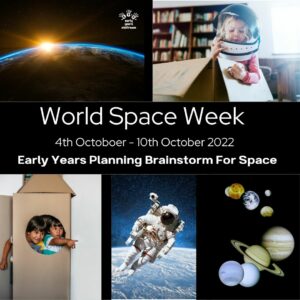
Adult led planning
Having an effective planning system can take a while to get right and depends on your pedagogy and your cohort, but once you know it works it will be about balance and not paperwork heavy. Yearly planning cycles can often be a good place to start and are by no way set in stone, they are meant to be flexible so they can be adapted according to the needs and interests of your cohort. Planning doesn’t have to be typed up and look all fancy, it can simply be printing one of hundreds of the Early Years Staffroom brainstorms onto A3 putting it up on display and adding in pencil things that come up for example you may be learning about the theme of Christmas for example and a child brings in a bird’s nest to show everyone. Just because it doesn’t fit with Christmas it doesn’t mean it cannot be brought into the planning. The most important planning in done in the short term and arises from discussions with parents and children’s interests. What matters is not the theme but the objective. Anything can link to any objective; the possibilities are endless! That is why working in Early Years is so amazing.
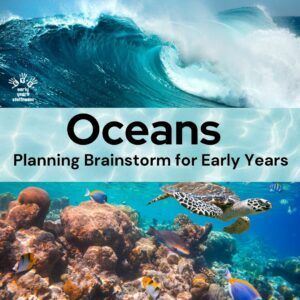
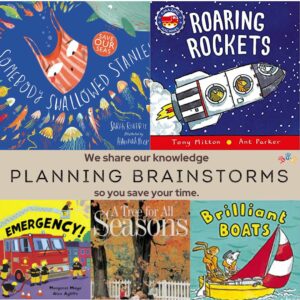
The Early Year Staffroom also provide editable phonics, maths, personal, social and emotional, communication and language, physical development and art & design as well as so many more so that we can save teacher’s time.
Environment Planning
As well as daily or weekly planning in Early Years we also plan for the environment. Emilia Reggio describes the environment in Early Years as the ‘third teacher’ which of course it is especially when you have one teacher to 30 children. Children learn best when they are playing, being independent and problem solving. All of which can be enhanced with the right environment set up. Most settings have continuous provision planning which they may update termly and then enhanced planning which seeks to spark children’s interests and excitement. These enabling environments spider planners available on the Early Years Staffroom website show independent challenges and ideas to enhance and set up provocations in continuous provision. You can use these as ideas to plan further with children by just writing over the top and putting on display. There are plenty of ways to reflect on your practice by using many of our audits especially popular is the environmental audit which includes great challenging questioning of practitioners.
Happy learners lead to successful outcomes. Go with what works if your experience tells you, however it is important to always reflect on your practice. Most importantly be guided by the children’s needs and interests. They are the sole investors. By giving the children many exciting and educational experiences you will no doubt be providing excellent and effective provision.
